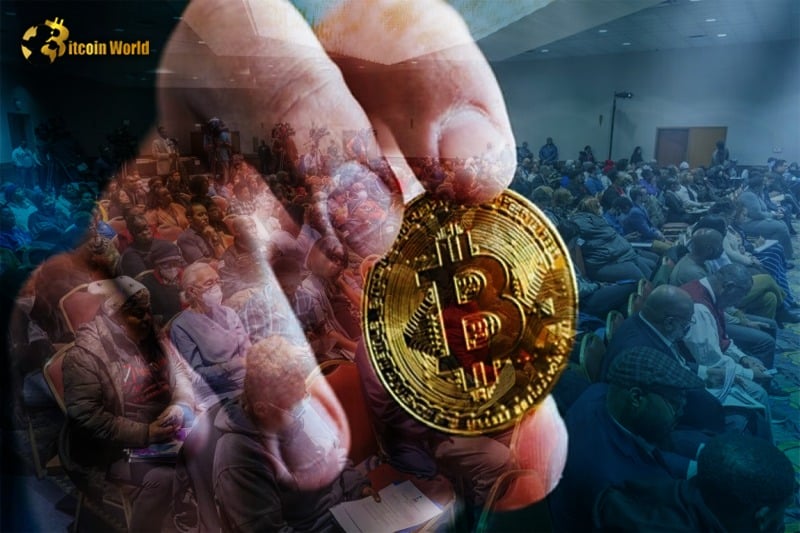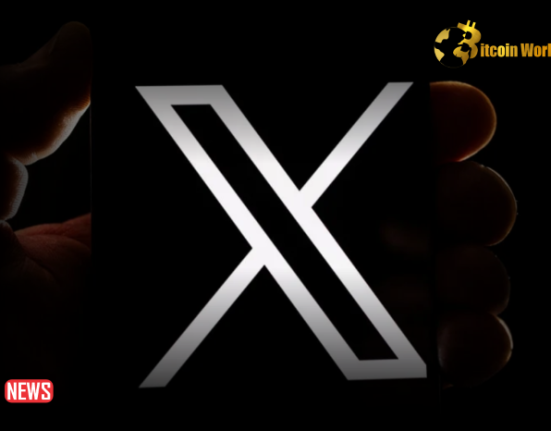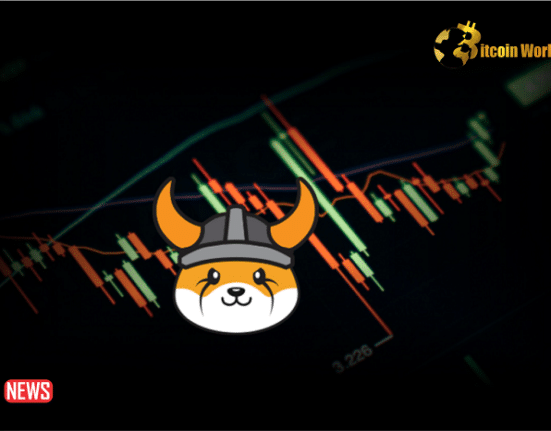The introduction of a groundbreaking hook that enables Know Your Customer (KYC) verification within Uniswap v4 pools has ignited fervent discussions about the future of DeFi (Decentralized Finance). This innovative hook is now available on an open-source repository designed for Uniswap v4 hooks and has become a topic of controversy within the crypto community. It empowers users to undergo KYC checks before they can engage in transactions within token pools.
Critics of this hook have raised concerns about its potential implications. One user, commenting on X (formerly Twitter), pointed out that this hook may pave the way for DeFi protocols to be whitelisted and regulated by government authorities. They expressed their apprehension, saying, “As I’ve emphasized in my posts over the past year: It all begins with the ‘kyc option’ for Liquidity Providers. Eventually, it could evolve into a ‘regulator whitelist approved’ database hosted off-chain, potentially leading to non-KYC transactions being labeled as illegal, potentially associated with money laundering or terrorist activities. Let’s not blindly support this.”
To understand the significance of this hook, it’s important to recognize that a hook is a tool that enables developers to customize code without altering the core structure of the program. Within Uniswap v4, this particular hook empowers developers to incorporate KYC verification seamlessly into the decentralized finance ecosystem.
KYC procedures are commonly employed by financial institutions to verify customer identities and evaluate associated risks. The primary objective of KYC is to detect and prevent money laundering and terrorist financing activities.
The KYC hook has been introduced as an optional feature by a dedicated community developer within Uniswap v4’s directory. The KYC verification process is facilitated through the use of non-fungible tokens (NFTs). Another user on X highlighted that this hook is specifically tailored for liquidity providers and may prove invaluable for projects that need to adhere to regulatory requirements in specific jurisdictions. They clarified, saying, “It appears there might be some confusion. Firstly, this feature is liquidity provider-specific. Some projects may operate within the legal boundaries of their jurisdiction. Secondly, hooks can be developed by community developers. Criticizing something that has contributed significantly to the ‘true DeFi’ ecosystem is unwarranted.”
Governments worldwide are intensifying their scrutiny of decentralized finance (DeFi) protocols and transactions. Notably, the G20, representing the world’s 20 largest economies, has endorsed a crypto regulatory framework proposed by the International Monetary Fund (IMF) and the Financial Stability Board (FSB), signaling a tightening of cryptocurrency regulations.
The introduction of customizable hooks in Uniswap v4 is anticipated in early 2024, with access restricted to entities approved by the governing body.














